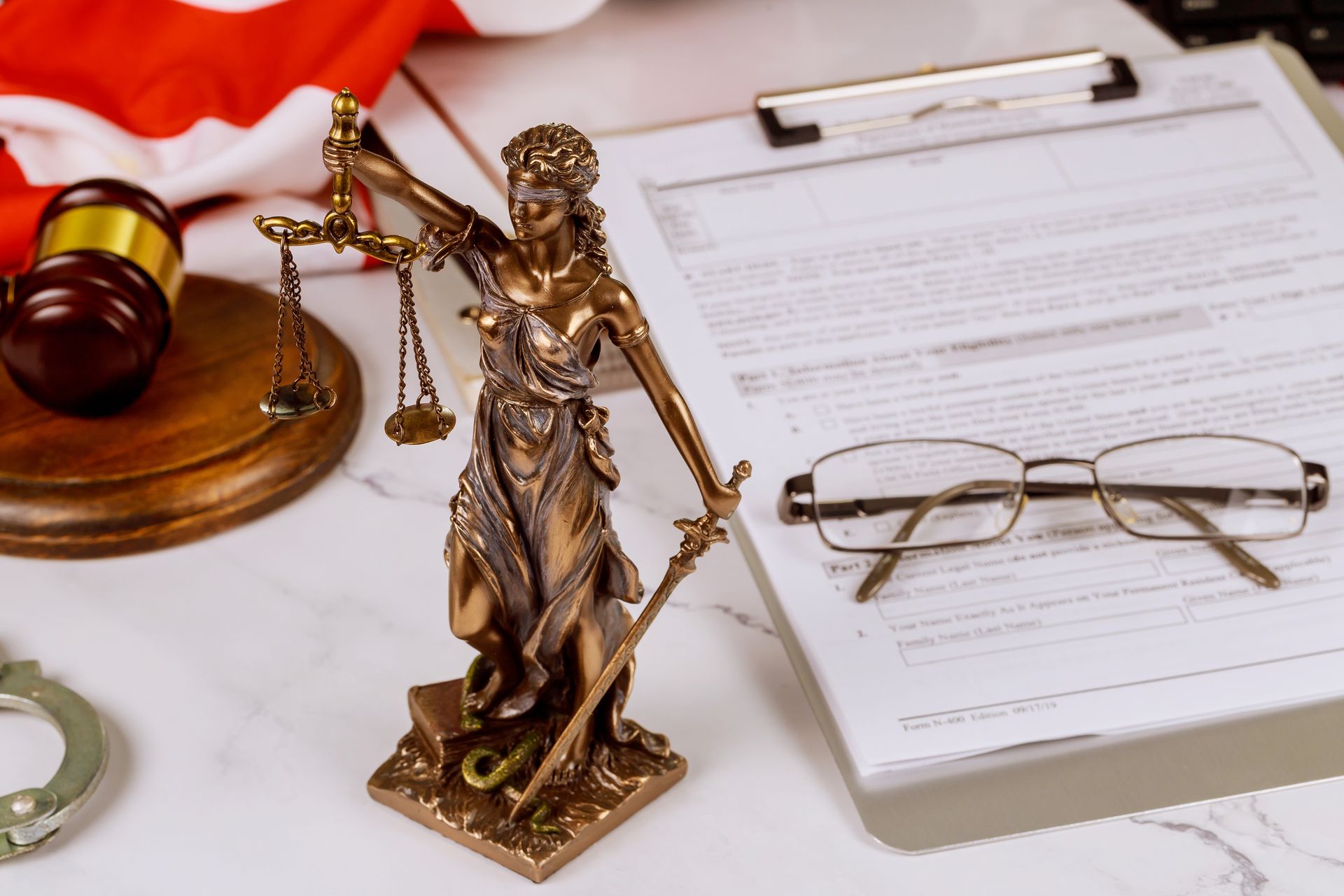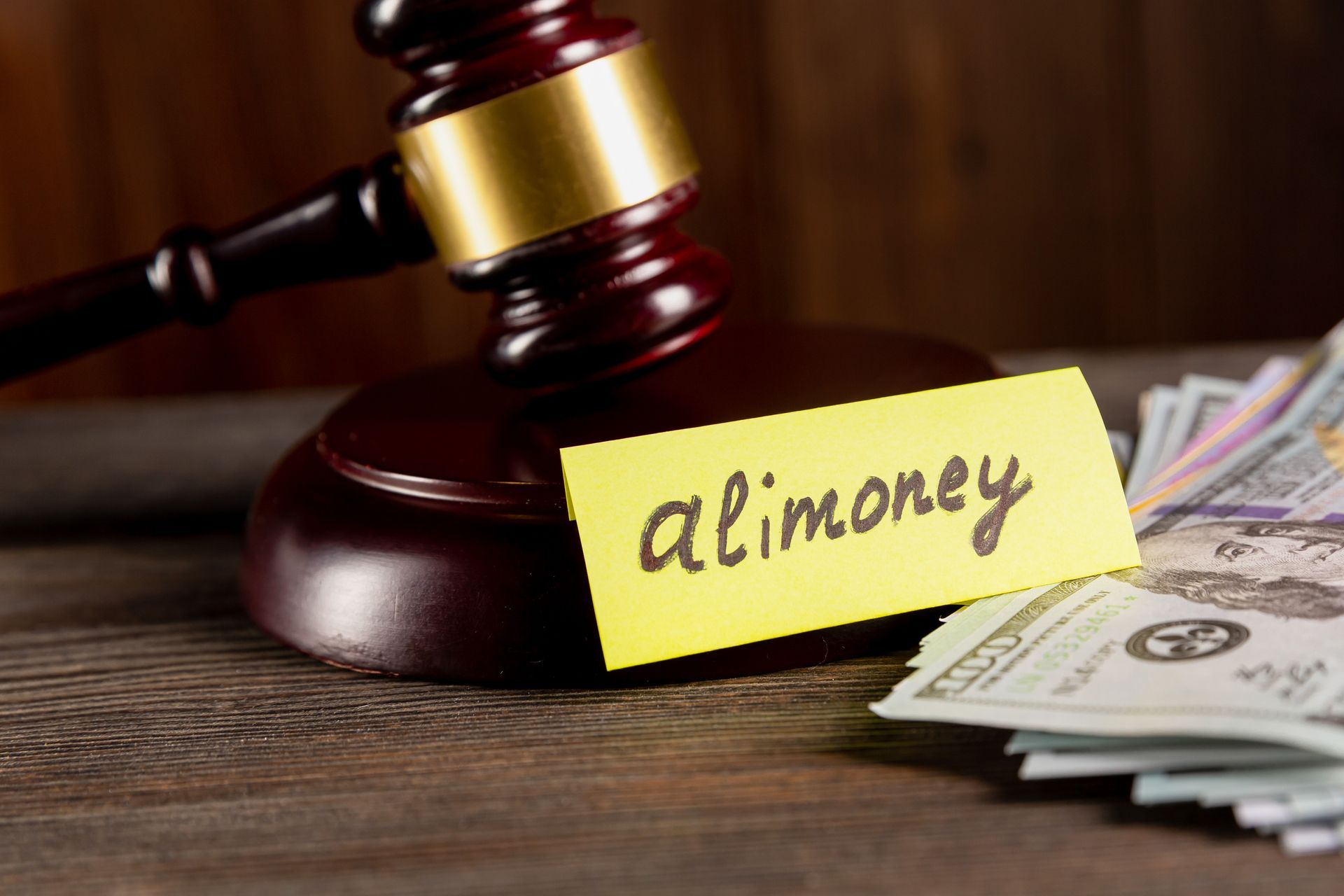Contact Us
Phone: 908-360-2300
Location
1094 Stelton Road
Piscataway, NJ 08854
Hours
- Mon - Fri
- -
- Sat - Sun
- Closed
Business Formation: A Guide to Starting Your Company in New Jersey
Starting a business is an exciting venture, but it requires careful planning and legal considerations. One of the most important steps in the process is choosing the right business structure and navigating the business formation process. At Mavinkurve & Patel LLC, a law firm in New Jersey, we provide expert legal guidance to help entrepreneurs and business owners make informed decisions and set the foundation for long-term success.
Why Business Formation Matters
The business formation process determines how your company is legally structured, which can impact many aspects of your operations, including taxes, liability, management, and day-to-day operations. Selecting the right structure for your business is essential for minimizing risk, protecting your personal assets, and ensuring compliance with state and federal laws.
Types of Business Entities in New Jersey
When forming a business in New Jersey, you have several options for structuring your company. Each type of entity has its own benefits and drawbacks, so it's important to choose the one that best suits your business goals and needs.
- Sole Proprietorship: This is the simplest form of business structure, where one individual owns and operates the business. It requires minimal paperwork, but the owner is personally liable for the company’s debts and obligations. Sole proprietorships are common for small businesses and freelancers.
- Partnership: A partnership involves two or more individuals who share ownership of the business. Partnerships can be general partnerships, where all partners share equal liability, or limited partnerships, where some partners have limited liability. It’s important to establish a partnership agreement to outline each partner’s roles and responsibilities.
- Limited Liability Company (LLC): An LLC is one of the most popular business structures for small to medium-sized businesses. It offers flexibility in management and provides liability protection for the owners (members). LLCs are taxed like a partnership or sole proprietorship, allowing profits and losses to "pass through" to the members’ personal tax returns, avoiding double taxation.
- Corporation: A corporation is a more complex business structure that provides its owners with the highest level of liability protection. Corporations can be taxed as C corporations, which are subject to double taxation (the corporation pays taxes on profits, and shareholders pay taxes on dividends), or as S corporations, which allow profits to pass through to shareholders to avoid double taxation. Corporations are ideal for businesses seeking investment or planning to go public.
- Nonprofit Organization: If your business’s primary goal is charitable, educational, religious, or scientific, you may choose to form a nonprofit organization. Nonprofits are eligible for tax-exempt status under IRS guidelines, but they must meet strict reporting requirements and reinvest profits back into the organization.
Steps to Forming a Business in New Jersey
- Choose a Business Structure: The first step is selecting the type of business entity that aligns with your goals. Your choice will affect your liability, taxes, and regulatory obligations.
- Choose a Business Name: Your business name must be unique and not already in use by another entity in New Jersey. You can check name availability through the New Jersey Division of Revenue and Enterprise Services and reserve your name if necessary.
- Register Your Business: Depending on the structure you choose, you may need to file formation documents with the state. For example, an LLC must file a Certificate of Formation, while a corporation must file a Certificate of Incorporation. This step formally registers your business with the state.
- Obtain an EIN: An Employer Identification Number (EIN) is required for tax purposes, and you’ll need it to open a business bank account, hire employees, and file taxes. You can obtain an EIN from the IRS.
- File for Necessary Permits and Licenses: Depending on your industry and location, you may need to apply for specific permits or licenses to operate legally in New Jersey. This can include zoning permits, health permits, or professional licenses.
- Create an Operating Agreement or Bylaws: While not required for all business types, it’s highly recommended that LLCs draft an operating agreement and corporations draft bylaws. These documents outline the management structure, the roles of members or shareholders, and the procedures for handling important business matters.
- Comply with Tax and Regulatory Requirements: New Jersey businesses must comply with state and federal tax obligations. Depending on your business structure, you may need to register for sales tax, payroll tax, or other specific taxes. Regular filings, such as annual reports, may also be required to maintain good standing.
Benefits of Hiring a Business Formation Attorney
Starting a business involves more than just filing paperwork. It requires strategic decisions that can have long-term legal and financial implications. A business formation attorney can help you:
- Choose the Right Structure: Your attorney will evaluate your business goals, liability concerns, and tax considerations to recommend the best entity for your specific situation.
- Draft and Review Documents: From operating agreements to partnership contracts, an attorney can draft and review the necessary legal documents to protect your interests.
- Ensure Compliance: Business formation involves navigating various regulations, including state and federal requirements. Your attorney will ensure that you meet all legal obligations from the start to avoid future issues.
- Avoid Common Pitfalls: Many entrepreneurs make costly mistakes during the formation process, such as failing to properly register their business or misunderstanding their tax obligations. An attorney can help you avoid these pitfalls and set your business up for success.
How Mavinkurve & Patel LLC Can Help
At Mavinkurve & Patel LLC, we understand the challenges that come with starting a new business. Our experienced business formation attorneys are here to guide you through each step of the process, from choosing the right structure to ensuring compliance with New Jersey’s regulations.
Whether you’re launching a startup, forming a nonprofit, or restructuring an existing business, our team will provide personalized legal advice and help you build a solid foundation for your company’s success.
Forming a business in New Jersey is an exciting yet complex process that requires careful planning and legal expertise. At Mavinkurve & Patel LLC, we are committed to helping entrepreneurs and business owners navigate the intricacies of business formation and achieve their long-term goals.
If you’re ready to start your business or need assistance with business formation matters, contact Mavinkurve & Patel LLC today for a consultation.





Schedule a Case Evaluation
Contact us now!
Homepage FCE Form
We will get back to you as soon as possible.
Please try again later.
By submitting this form, you agree to be contacted by our law firm, either by phone, text or by email.
Practice Areas
Hours
- Mon - Fri
- -
- Sat - Sun
- Closed
Disclaimer: The information on this website is for general information purposes only. Nothing on this site should be taken as legal advice for any individual case or situation. This information is not intended to create, and receipt or viewing does not constitute an attorney-client relationship.
All Rights Reserved | Mavinkurve & Patel | Powered By Convert It Marketing | Privacy Policy
All Rights Reserved | Mavinkurve & Patel | Powered By Convert It Marketing | Privacy Policy





